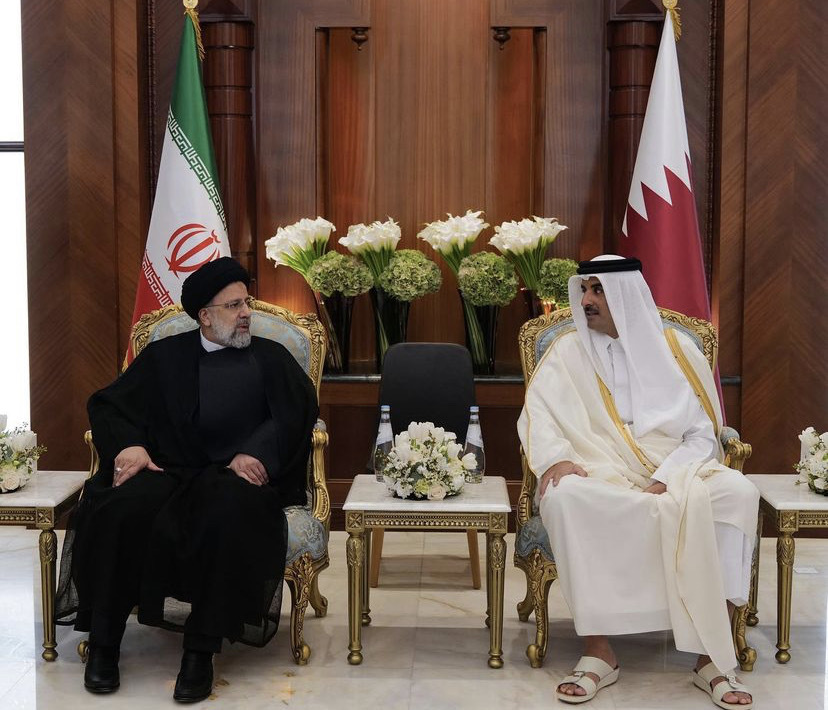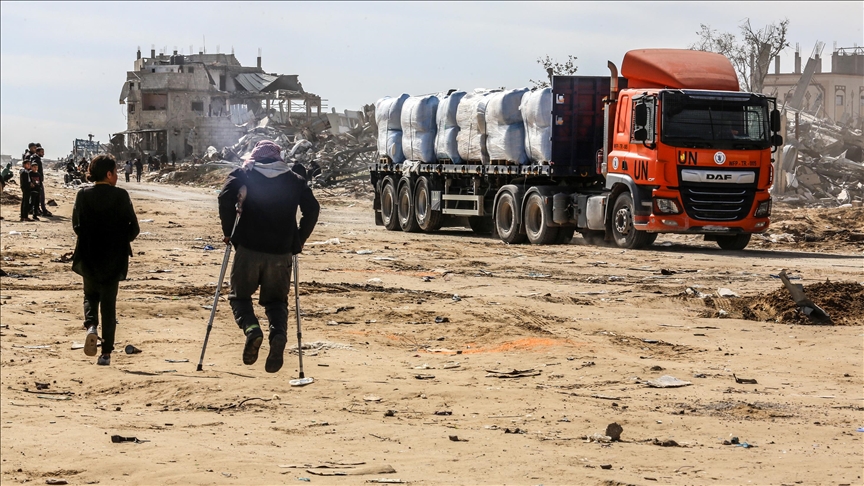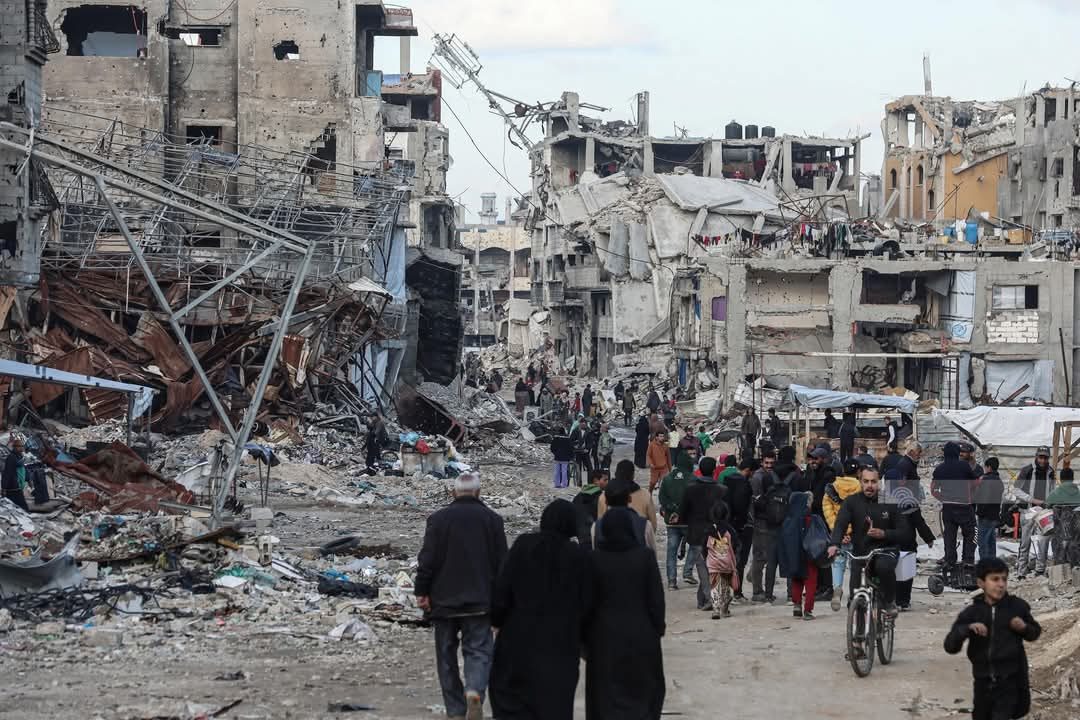The two countries previously signed 14 new agreements in February.
Qatar and Iran are working towards strengthening their cooperation in the fields of science and technology through a memorandum of understanding (MoU), Iranian media reported on Sunday.
Through the MoU, signed during Iranian President Ebrahim Raisi’s visit to Qatar last month, the two countries will work towards creating rules for university admission and the exchange of certificates issued by scientific institutions.
The memorandum also entails developing educational programmes, supervising student research in the field of science along with the exchange of faculty members and researchers as well as research information.
“Supporting the exchange of scientific resources and documents related to the civilisation, culture, and art of the two countries to be reflected in the educational books is one of the areas of scientific and cultural cooperation between Iran and Qatar,” said Hossein Salar-Amoli, head of the international scientific cooperation center of Iran’s Ministry of Science.
Qatar and Iran will also be able to hold seminars and scientific conferences whilst offering undergraduate and postgraduate education opportunities.
“Iran supports the development of Arabic in its education system and Qatar supports the development of Persian language in its education system,” said Salar-Amoli.
Quality of education
The quality of education in Qatar has been ranked as one of the highest, both in the region and on a global scale.
Doha-based Hamad Bin Khalifa University (HBKU) ranked amongst the top 150 positions for Computer Science and Engineering (CSE) in the 2021 Shanghai Academic Ranking of Worldwide Universities (ARWU).
Through the recent ranking, HBKU and its CSE are placed on the list of top universities in the fields of Electrical and Electronic Engineering, Chemical Engineering and Materials Science and Engineering.
Iran’s scientific research has also been widely attributed over the past year and it grew its collaboration. This falls under science diplomacy, which reached more than 34% in 2021 per the Scopus Database.
The country’s science diplomacy’s latest ranking, in comparison with 2020 and 2019, is the highest in the last 20 years. A total of 481 Iranians have been listed by the Islamic World Science Citation Center (ISC) as one of the most cited scientists around the world in 2021.
Iranian scientists dominate prominent institutions, including NASA, where they make significant contributions to the world.
Last year, Iranian PhD researcher at the University of Arizona, USA, Irene Shivaei, was part of the team that launched NASA’s James Webb Space Telescope.
The telescope is the largest and most powerful ever launched.
Follow Doha News on Twitter, Instagram, Facebook and Youtube







